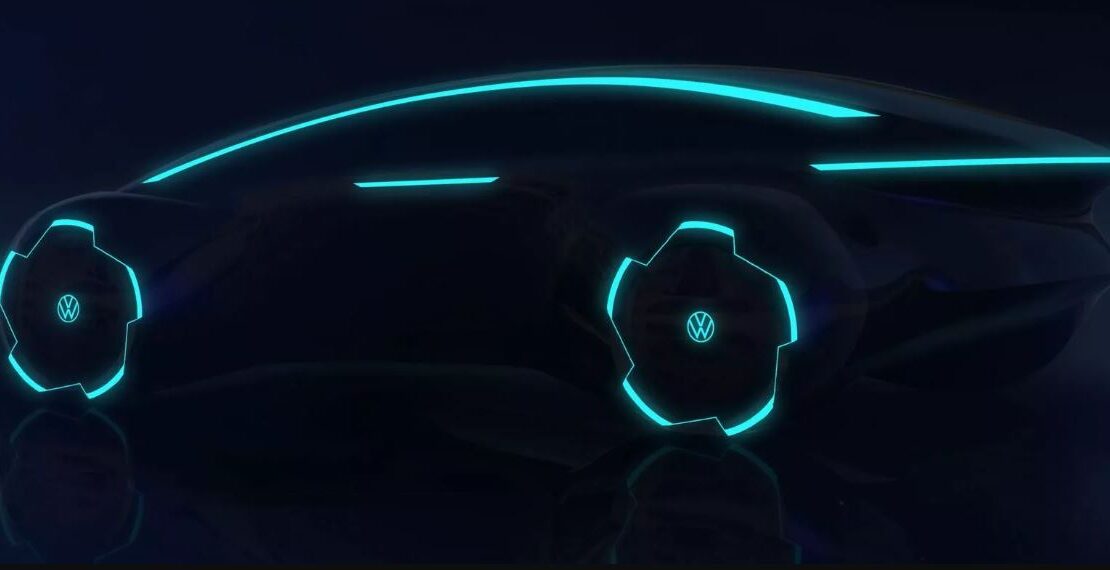In a significant move for the EV industry, Rivian and Volkswagen (VW) have officially joined forces to co-develop the next-generation Golf Mk9, which will be entirely electric. The collaboration represents a $5.8 billion investment, combining Rivian’s advanced software expertise with VW’s global manufacturing strength to develop a cutting-edge electric vehicle (EV) architecture set to launch in 2029.
Strategic Partnership and Vision
Volkswagen’s decision to collaborate with Rivian marks a pivotal step in its transformation toward an all-electric future. The partnership, which has led to the creation of the joint venture “Rivian and VW Group Technology, LLC,” aims to accelerate the development of new EV platforms that are both cost-effective and technologically advanced. VW CEO Oliver Blume emphasized the partnership’s goal of leveraging Rivian’s innovation to deliver next-generation EVs at a faster pace and reduced cost, ultimately propelling VW further into the EV market.
The Electric Golf Mk9 and SSP Platform
The ninth-generation Golf will be built on VW’s Scalable Systems Platform (SSP), a versatile EV architecture that will underpin numerous models. This move signals VW’s commitment to phasing out internal combustion engines, with the current Golf variants remaining available until 2035, in line with European Union emissions regulations. The SSP platform will also support other VW Group brands such as Audi and Porsche, with new models expected as early as 2027.
Rivian’s Role and Technological Contribution
Rivian, known for its innovative electric trucks and SUVs, will provide its state-of-the-art software and electrical architecture to the venture. This collaboration will enable VW to integrate advanced automated driving functions into its EV lineup. Rivian CEO RJ Scaringe highlighted the importance of this partnership in helping to scale EV technology globally and diversify Rivian’s technological footprint beyond its proprietary models.
Global Production and Future Prospects
Production will be based in multiple locations, including facilities in North America and Europe, with the first VW EV from the partnership expected in 2027. The venture aims to produce high-volume EVs across various segments, emphasizing affordability and advanced technology. VW’s updated ID.3, scheduled for 2026, will likely share technology with the new electric Golf, reflecting a cohesive transition strategy between VW’s existing and future EV models
This collaboration between Rivian and Volkswagen highlights a transformative moment in the automotive industry, aiming to set new benchmarks in electric mobility while broadening the appeal of EVs to a global audience.

